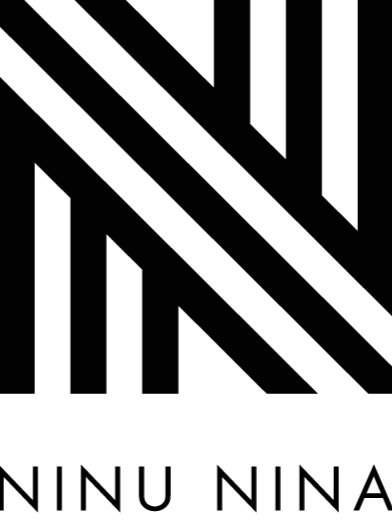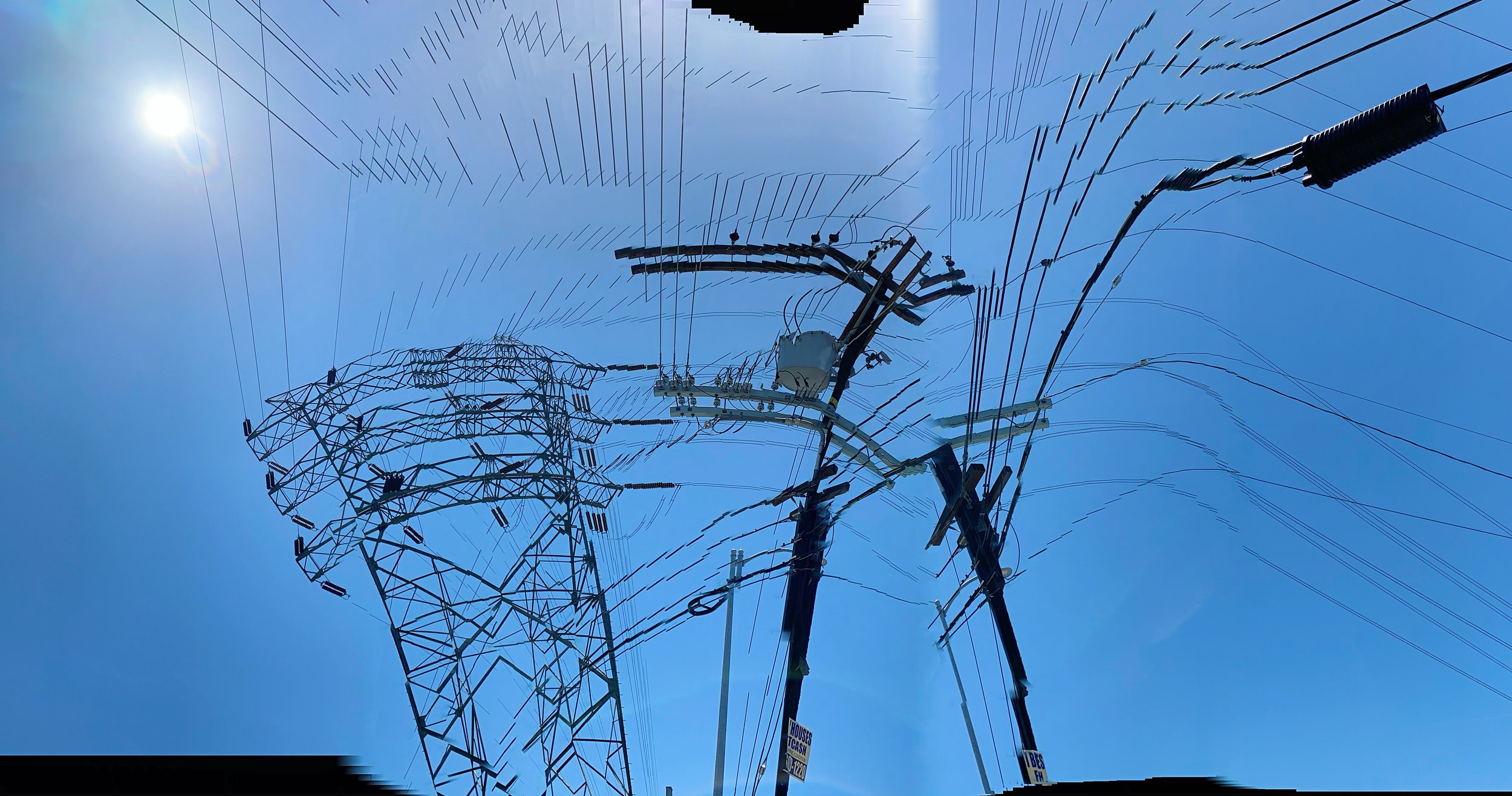FINDING THE SURREAL IN THE EVERY DAY
A Director at Ridley Scott Creative Group with a background in advertising on campaigns with Sony, Puma, Rihanna, etc, Brett Foraker made a name for himself injecting surrealism into successful advertising campaigns. His fine art photographic practice pushes these notions further by abstracting photographs in-camera to create a digital expressionism that asks us to consider our relationship with technology. From landscapes to portraits, flowers to freeways, Foraker’s body of work creates a simulated version of reality to reconsider what "digital" really means in the age of screens.
My primary motivation is to explore the line between figuration and abstraction. For me, this is the place where art is at its most spiritual. There are unexplainable energies in everyday life, and the work I return to again and again seeks to portray these in some way. So, in a sense, I try to make art that is both familiar and unknowable. If you factor in our increasingly complicated relationship with technology, the possibilities increase exponentially. There is a non-zero chance that our brains are being profoundly altered by these devices—it certainly feels that way from the inside—and I simply want to find beauty in the fragmentation.
Do you have any rituals/practices/routines that you partake in as a creative?
There are quite a few but in general the first rule is to show up.Try to listen to your inner voice and put in the work every day. Even if you are flitting between disciplines. The second thing is to be open to accidents. Even seek them out. The subconscious mind is always straining to escape and this is one way it can. You’ve already put your intention out into the world, so occasionally relinquishing control can be a good thing. Every new technique I’ve ever created started as a mistake.
Could you speak more to the importance of transformation in both your life and work?
From a very early age, I was obsessed with death. As a child, I was bewildered that people didn’t make a way bigger deal about it. Then I realized it made them too uncomfortable. But I never shared this discomfort. I always found all of the decay and corrosion to be fascinating. Not only was it poignant, it was often unspeakably beautiful. I think once we accept that we are all involved with this basic transformation, all of the other transformations we wish to perform in life become that much easier. Measured against that, there’s nothing to be afraid of.
As technology advances and the world adapts, do you think we can no longer return to what once was?
All art is a series of choices. Ignoring technology is also a choice. We can create little bubbles around painting and sculpture and shooting on film and listening to vinyl, but they are not in step with the broader sweep of commerce. So the question is why do these things persist? One element they all have in common is not nostalgia but texture. Those who have experienced real texture are left cold by newer technologies, but we are perhaps coming to a generation who either doesn’t know about texture or who may not value it as highly. I find all of these questions fascinating.
What role do you think art plays in an increasingly digital world?
In my view, art still has the same basic role it’s always had: to explain ourselves to ourselves. How these human truths are delivered is less of a concern. When we talk about AI generated/assisted work, it will only ever be a simulation of art that has previously existed. So its utility in our inner lives is limited. It’s possible that AI will advance to such a degree that it can make art that addresses its own existence and I would be intrigued to study it. But for now I’m hoping to see more tools that will help more people express what is inside them.
Why is it important to find, as you say, the human and organic in a digital space?
The digital space is one that seeks perfection.
I personally find this concept to be sterile and often lifeless. I want emotion, a loosely controlled messiness. This is my experience of humanity. So I try to confuse the technology into making mistakes. This results in work that has distortion, repetition, beautiful flaws that I’d be hard-pressed to create on my own. I also find that this juxtaposition very accurately reflects my mental state. I believe the following: Technology is a drug and we are high almost all the time. Just as art from the 60s reflected a sense of the psychedelic, so ours must reflect our current situation.
what are your thoughts on current trends in technology and innovation, such as NFTs?
As I write this, NFTs are going through a bit of a rough patch. But I’m confident that NFTs (as well as the blockchain, AI, 3D printing) will play a greater and greater role in how we make and consume art. These disciplines are in their infancies. They will evolve far more rapidly than any of our more traditional forms. But there is still an absence. Call it texture or the human touch. The advocates of these technologies still haven’t cracked that particular code. For every digital piece I make I still create quite a bit of art by hand. Each has its advantages and I’m hopeful they can coexist. Every form will eventually find its place.
Is there a particular series that has taught you more about yourself or the world? What do you hope to teach others through your series?
There are several related groups that connect to the issues we’ve discussed. Broadly called the InterZone series, they encompass cityscapes, portraiture and even floral studies. These pictures are my way of blending two states of consciousness into singular images. By this I mean that our attention is divided between the real world and the digital one. So the lesson I guess is empathy. I want to help find an art that reflects this split and perhaps uncover the beauty where those moments overlap. I want the viewer to know that they are not alone.





